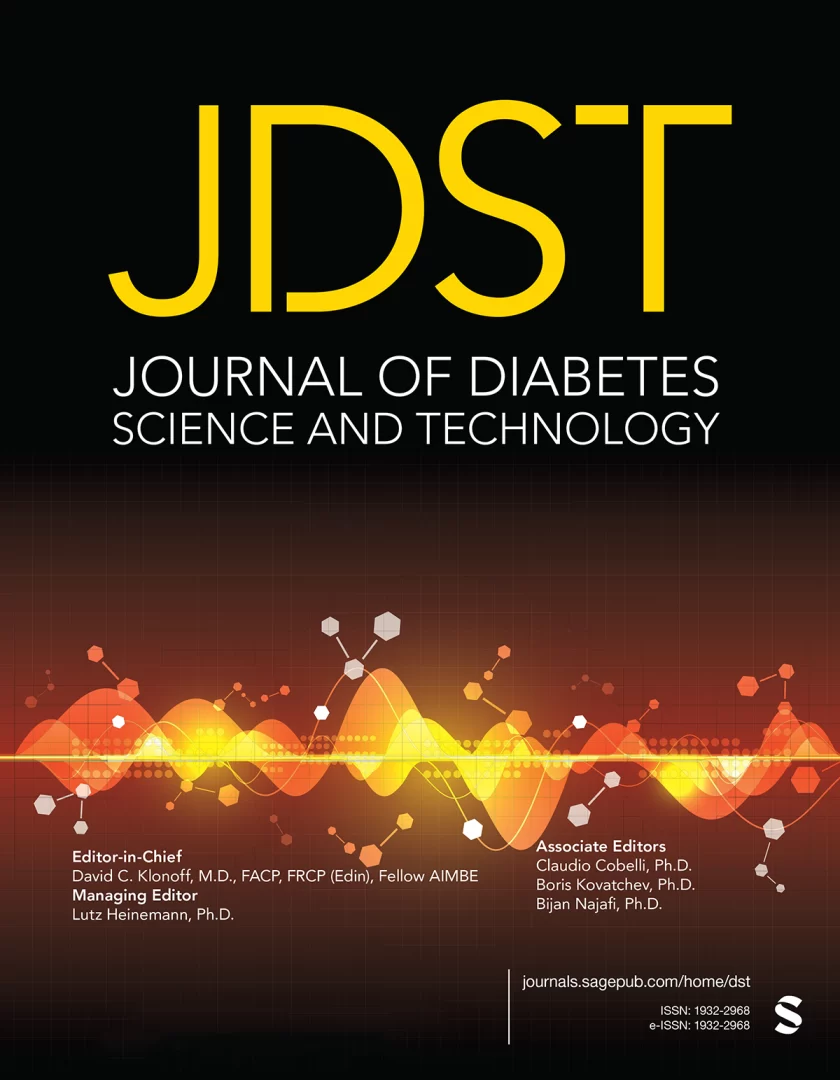Stress from Diabetes Affects the Body’s Nervous System

Original Article: https://www.medscape.com/viewarticle/diabetes-distress-linked-autonomic-symptoms-adults-2025a100089l
Diabetes Distress and the Autonomic Nervous System
The goal of the study was to see if diabetes distress (DD)—the stress from managing diabetes—is linked to symptoms in the autonomic nervous system (ANS), which controls automatic body functions like breathing, digestion and our “fight or flight” behavior. Researchers studied both type 1 diabetes (T1D) and type 2 diabetes (T2D) to see if there was a connection. In this study, 556 adults with T1D and 299 with T2D took online surveys that measured:
- ANS symptoms
- Diabetes distress
- Anxiety and depression
In the T1D group, the average age was 45, and most were female and White. Their average HbA1c (a measure of blood sugar control) was 6.7%, and they had been living with diabetes for about 21 years. In the T2D group, the average age was 60, and their average A1c was 7.0%. They had lived with diabetes for around 15 years.
The Findings
People with higher diabetes distress had more ANS symptoms, including changes in their breathing, awareness of their heart rate, or digestion. For both T1D and T2D:
- DD scores were positively linked with higher scores on all body symptom scales.
- People with high DD had the highest ANS symptom scores, even after accounting for other factors like age, anxiety, and depression.
This study shows that emotional stress from managing diabetes is strongly tied to physical symptoms controlled by the autonomic nervous system. The more distressed someone felt, the more their body reacted. Understanding this connection could help doctors better support people with diabetes—not just physically, but emotionally too.

